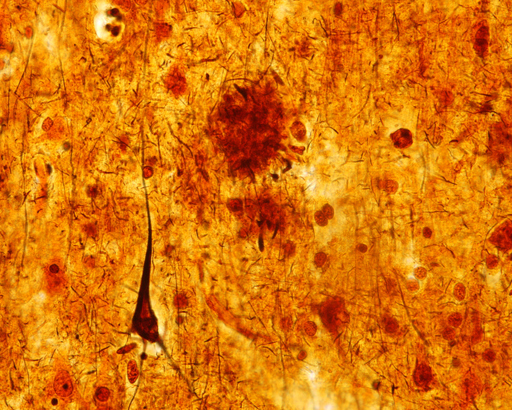15
Over the past several decades, Alzheimer’s disease (AD) has been predominantly explained through the lens of amyloid-beta plaques and neurofibrillary tangles, yet an emerging paradigm shift increasingly recognizes metabolic dysfunction—specifically, insulin resistance—as a key driver of AD. Central to this shift are compelling findings from postmortem analyses of AD brains, which consistently reveal diminished insulin and insulin-like growth factor (IGF) activity, reduced insulin receptor density, and heightened markers of insulin resistance, suggesting the brain undergoes a “Type 3 Diabetes,” marked by profound metabolic deficits independent of systemic type 2 diabetes. These postmortem discoveries have reshaped our understanding of how AD may originate and progress; rather than viewing amyloid and tau pathology as isolated triggers, we now see them as intertwined with—and possibly exacerbated by—impaired glucose metabolism in neurons. This insight has profound implications: if insulin resistance lies at the heart of neuronal energy failure and subsequent neurodegeneration, interventions aimed at restoring metabolic function could prevent or slow the course of AD. Bolstered by experimental models demonstrating that artificially induced brain insulin resistance spurs the same pathological hallmarks observed in AD, researchers have begun to explore insulin-sensitizing drugs, as well as interventions targeting metabolic pathways and optimizing mitochondrial function, as potential therapies. Early human trials showing cognitive benefits from intranasal insulin further reinforce the idea that correcting metabolic dysfunction may improve or stabilize memory. In this way, the field is moving beyond a purely amyloid-centric view toward a holistic understanding of AD as, at least in part, a metabolic disorder, underscoring that by emphasizing insulin signaling and glucose homeostasis, we may uncover new opportunities for prevention, intervention, and a more optimistic outlook on this devastating disease.
You must log in or # to comment.

